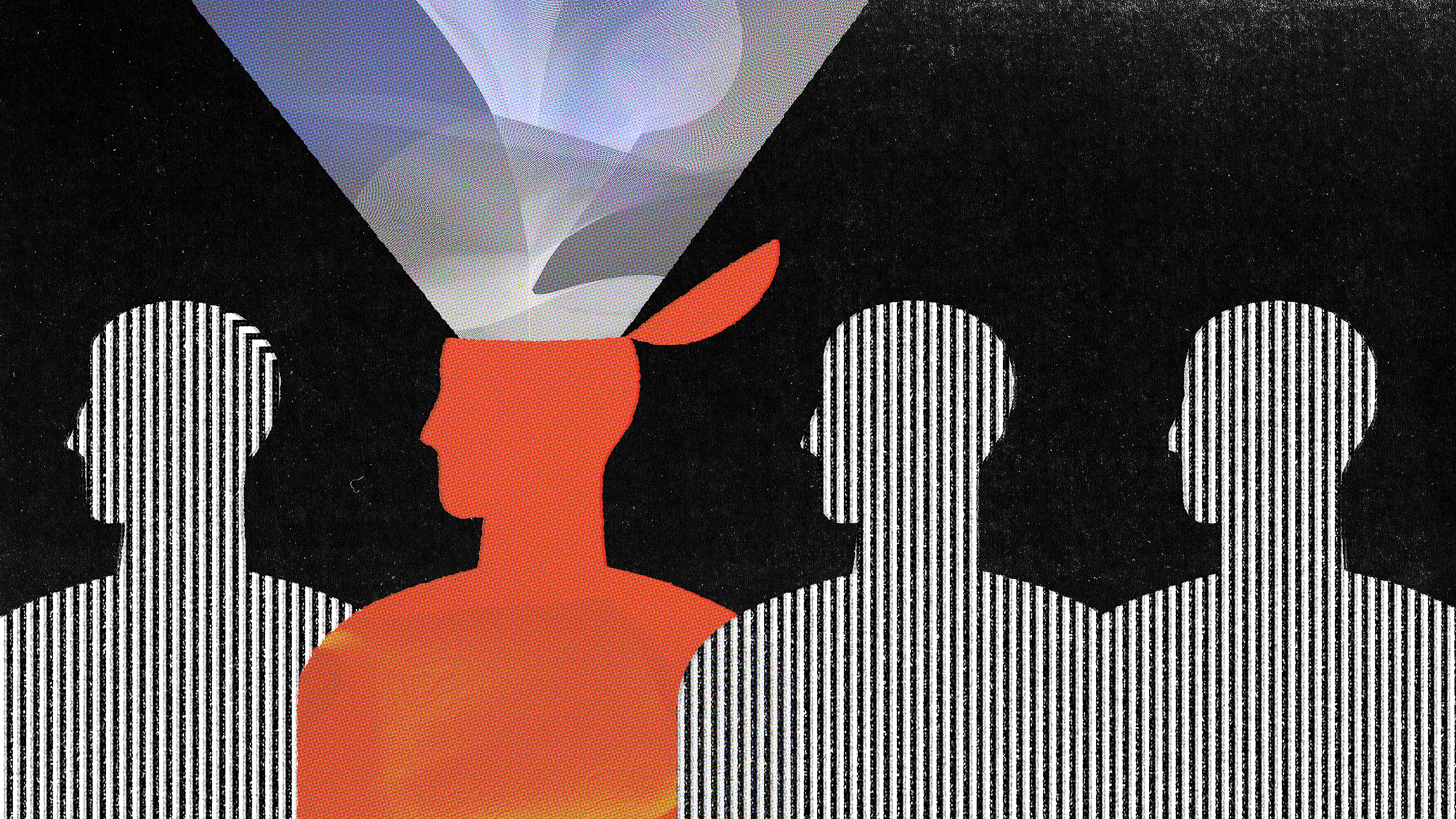Leadership masterclass: Fine-tune the “essential engines” of business

- In the mid-1980s Mackey tried to reconcile his interest in spiritual “oneness” with the tenets of free market economics.
- The tension between cooperation and the competitive drive became abundantly apparent to Mackey in the early days of Whole Foods Market.
- Unrestrained competition can be highly destructive but cooperation can lead to “a kind of stultifying bureaucratic collectivism.”
“Currently, I’m greatly puzzled by the concept of competition as the driving force in this reality, which it of course is. Is war the logical conclusion of competition or is it just some sort of aberration? Why do some people become more creative when competition is removed from their personal reality, and others become decadent and degenerate? Is competition something to transcend or embrace? I do not yet know.”
These musings were penned in a letter to my old girlfriend Debbie, still living in the Kerista commune in San Francisco. In the mid-eighties, my thoughts seemed to bounce back and forth between two dramatically different worlds: on one hand, the burgeoning world of spiritual and esoteric exploration that captivated me, and on the other, my ongoing readings about business, economics, and capitalism. As I wrote to Debbie that day, I reflected at length on both.
In particular, I struggled to reconcile my direct experience of the unity or oneness of all reality—which I also felt in the playful, cooperative spirit of the business—with the focus on competition that I found in my readings of free market economists like Milton Friedman and Friedrich Hayek. Both felt like essential elements of life. Both felt positive to me. Competition could be generative. And yet competition, taken too far, also had a dark side, like war.
Cooperation could be generative too. Some days, the camaraderie among the team at Whole Foods Market felt intoxicating—everyone playing a choreographed role, moving through the stores like dancers in a chaotic but beautiful ballet of form and function. If ever there was an experience that made me believe in the power of cooperation, that was it. I loved the community and creative energy that we generated together. And yet, I was also acutely aware of how being an entrepreneur had channeled my own competitive instincts. I thrived on competition, loved to excel in sports and in business. I was driven to outdo our competitors, to win in the marketplace. The competitive drive was critical to our success, and my readings convinced me that it was essential to the entire capitalist enterprise.

I found it fascinating to read about economics and capitalism writ large, and then to reflect on how those processes were playing out in our still-young company. I was amazed at how a good idea could become a store, and a successful store could become several, turning into a real business, and a real business could grow to become a large company. And that chain of success could potentially change an entire industry. Of course, none of this would have been possible without a large degree of political and economic freedom—as Friedman pointed out again and again in his books. [Whole Foods Market precursor] Safer Way could never have gotten started if [former partner] Renee [Lawson Hardy] and I had not lived in a place where we had the freedom to start a new business. Thankfully, the barriers to entry were pretty minimal. “Wherever you have freedom, you have capitalism,” Friedman wrote, and I could see the truth in his words.
I found it fascinating to read about economics and capitalism writ large, and then to reflect on how those processes were playing out in our still-young company.
Capitalism, I began to understand, was not so much a top-down imposed system but, rather, an evolutionary result of letting people choose their own economic paths. And if economic freedom was the foundation of capitalism, then both cooperation and competition seemed to be the essential engines that made it run.
These thoughts, while compelling to me, were near heretical among many of my friends. While Texas was a conservative state with a proud business tradition, the countercultural types who made up my social circles and much of the Whole Foods Market team and customer base were politically progressive. Probably more than a few were closet socialists. Competition, to them, was about selfishness and greed and should be transcended in favor of love and cooperation.
Love and cooperation are beautiful qualities—of that I had no doubt. My most profound glimpses into the nature of the universe had shown me a dance of love and unity. I wanted the world I lived in, and the business I worked in, to reflect those ultimate spiritual truths. And I knew that unrestrained competition—without any rules or ethics constraining lying, cheating, and violence—could be highly destructive and would undermine the foundation of capitalism and our collective prosperity, as I wrote in my letter to Debbie. But I also saw the positive power of competition. And I saw the downsides to cooperation. Taken too far, it could lead to a kind of stultifying bureaucratic collectivism that made it hard to get anything done and would stifle creativity and innovation.
I thought of my experience at [communal living co-op] Prana House—I had loved the community, but discussing all community decisions exhaustively as a group was very time consuming. I didn’t ever want to imagine a larger society based around such impractical ideals. And so, around and around I went in my mind.
Competition, cooperation—both seemed necessary; both were powerfully creative; both had dangers if pushed too far. Of course, a synthesis of both in healthy forms was the answer to my puzzle, but I did not realize it back then.





